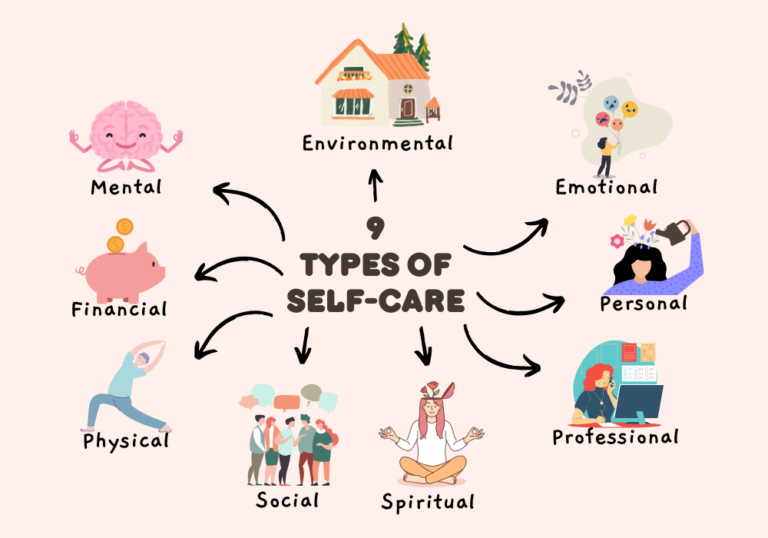What is Creative Resilience ?
Resilience is the ability to maintain or regain mental and physical health in the face of adversity. Resilience can be cultivated through support systems and intervention for resilience-promoting strategies. It is underlined by the ability of an individual to maintain (or regain) mental and physical well-being in the face of significant adversity or trauma.
Resilience is the ability to adapt to change, bounce back from failure, and keep going. It is a positive characteristic, learned through the experience of facing adversity and adjusting to it. It is the ability to overcome obstacles and continue on with one’s life. Overcoming obstacles is often the first step in becoming resilient. It is also one of the most difficult steps to take.
10 Tips to Build Creative Resilience:
1-Find your purpose in life:
Having goals and dreams increases resilience. The lack of goals and goals reduces resilience and can lead you to take advantage, manipulate, and make bad life choices. it decreases your sense of control over your life, which can easily lead to depression and anxiety.
Related: What Is Your True Purpose In Life?
2-Seek knowledge:
Resilient people tend to be more curious, fun-loving, and want to know more. They embrace the unknown and want to know more about the world. They are enthusiastic about other cultures and want to get to know them. and they are knowledgeable and confident in their views while being able to admit when they want to know more about something. It is this thirst for knowledge that will get you excited about life and can push you to live against the odds.The more you know, the more equipped you will feel to face a major setback or challenge.
3-Believe in your abilities:
Confidence in your own ability to handle life’s pressures can play a big part in resilience. Having more confidence in your own abilities, including your ability to respond to and deal with crises, is a great way to build resilience for the future.
4-Embrace Change:
Flexibility is an essential part of resilience. By learning to be more adaptable, you will be better equipped to respond to a life crisis. Resilient people often use these events as an opportunity to break new ground. While some people can be overwhelmed by abrupt change,highly resilient people can adapt and thrive.
Related:15 Powerful Ways to Embrace Change in Your Life
5-Develop optimism:
Resilient people face difficult situations realistically, but find ways to remain optimistic. Studies show that optimists live longer, have better relationships, and are more successful in life. Optimists are not magical thinkers who cannot see the dark side; but they accept reality and put things into perspective.
6-Learn from your mistakes:
Focus on what you can control yourself. Another characteristic of resilient people is their ability to learn from their mistakes and not see them as setbacks but as opportunities for growth. Resilient people take the time to think about what didn’t work so they don’t face the same problems in the future.
7-Foster your creativity:
Creativity is an expression of yourself and your way of life. Creativity allows you to unleash what words or conversation cannot express or even understand. Fostering your creativity can also help you be more creative when it comes to finding more solutions to problems and will show you that you can look at the world in more than one way.
8-Manage Your Stress:
While it can be difficult to stay calm during difficult and worrying times, stress affects your ability to remain resilient. Make stress control a priority regardless of how busy you are.
Related:Stress :10 Ways to Manage and reduce it
Related:8 Ways to Bust Stress in 5 Minutes
9-Meditate:
Meditation can help you clear your mind, reduce stress, and feel better prepared for the day and any challenges ahead. Studies also show that after just 10 minutes of meditation, you can feel as rested as if you slept an extra hour. You will also feel more relaxed and able to deal with your problems.
Related: How Meditation Will Change Your Life?
10-Take care of yourself:
Pay attention to your own needs and feelings. Participate in activities that you enjoy and find relaxing. Move regularly.Taking care of yourself helps to keep your mind and body primed to deal with situations that require resilience.








